How To Let Go
What is detachment? Have you ever worried so much about the destination that you forgot to enjoy the journey? Have you ever felt so anxious and stressed about the results of your actions that you were unable to focus on and enjoy your efforts? Do you sometimes feel like you are being controlled by your desires and emotions? Do you sometimes focus so much on your next project, next step, next achievement that you forget to be present in this moment?
One of the central themes of the ancient Indian text Bhagavad Gita is the idea of detachment which teaches that we should not engage in action for the sake of reward, rather we should perform work without selfish attachments. According to the Gita we will find peace, happiness and freedom by developing detachment whereas those who are motivated only by the fruits of action will be miserable, as they are constantly anxious about the end result (Gita, 2.49).
This idea seems to be more relevant and important than ever in today’s result-driven world. We always seem to be working towards something and our energy and thoughts are more often than not focused on the end results. We think we will be happy and content once we reach our goals or once we acquire or overcome something. In our professional lives we are often rewarded once we reach our targets that are to act as motivators for working harder. In our personal lives we think we will be happy once we get our dream job, own a house, or finish our studies. What happens is that rather than being in the present moment and enjoying our journey we often become anxious and worried about the destination. It is our attachment to our expectations of how things should turn out that makes us anxious. This can ultimately have a negative influence on our efforts as our energy is used up to worry about the results of our actions rather than the actions themselves.
The idea of attachment is yet another reminder from the yoga tradition to be more present in our everyday lives. By being more mindful in our actions and letting go of the outcomes we can break free from our worries about future results, which often are not in our control anyway. This requires us to trust and surrender to letting things unfold naturally rather than forcing them. So rather than being controlled by our emotions, desires and actions we find freedom in letting go.
Detachment is not….
There is some misconception and confusion about the idea of detachment and it has been interpreted as being withdrawn, inactive and disinterested. How do we find motivation to work hard towards something without really caring about the end result? How can we let go of the outcome of our actions and still be passionate and interested in what we are doing?
Does being detached mean having no desires or emotions?
These are all valid questions, however detachment is not about having no interest, passion or desires. It is not about giving up, avoiding our responsibilities or being inactive. Rather it is about focusing our energy and passion on our actions, and being present in the moment without worrying about success or failure. It is about having control over our emotions rather than being emotionless, it’s about being able to manage our desires rather than being desireless and it is about freeing our actions from the worry of results rather than being inactive.
Why should we let go?
By practising detachment we can….
• Learn how to become more mindful and present
• Find freedom and peace as our minds are not cluttered with worries, frustrations and desires
• Improve our vision and judgment
• Stay in control of our actions, desires and emotions
• Be in the flow and become more effective in our actions
• Love without having to control
Practising detachment on the mat
We can develop detachment on the mat by honouring and celebrating where we are in our practice. We can let go of the “perfect” pose and our expectations towards ourselves and our body. We can focus on cultivating self-acceptance and stop comparing ourselves to others or caring what other people think. We can put our ego aside, let go of judgment and self-criticism. When we let go of our attachment to the outcome of our efforts we become more present in our practice as we focus on connecting with ourselves and our breath. We can then apply the lessons we have learned on our mat and bring an attitude of self-worth, acceptance and detachment into our daily life.
How can we learn how to let go?
The Gita recommends developing our detachment skills by working them moment-by-moment, day-by-day. Detachment is not something that we achieve once and for all. Rather it is a skill that we need to continue to practise and develop over time. Through meditation and spiritual endeavor, we can start connecting with our inner true self. This gives us a new perspective on ourselves and we start realising that we can rise above our personal desires, senses and ego. We stop identifying with our limited ideas, negative habitual patterns, and our emotional attachments to the outcomes.
It’s often when faced with failure or loss that our practice in detachment becomes critical. In these situations, our ability to be detached can become a lifeline preventing us from getting lost in our suffering and enabling us to see our situation as a teaching that we need. It helps to acknowledge and work with our feelings and process them through self-inquiry by bringing ourselves into contact with our inner witness. This enables us to be both present with our feelings and to stand a little aside from them, which can help us letting go and moving on.
We might never be able to completely detach from the fruits of our actions but the wisdom from the Gita can help remind us to live in the present moment and engage in our everyday actions more mindfully. By working towards becoming less attached to ‘outcome’ we can start developing a more altruistic attitude towards others and ourselves. We can work toward becoming free from compulsive desires and emotions and focus our efforts towards our higher purpose.
Those established in the self have renounced selfish attachments to their actions and cut through doubts with spiritual wisdom. They act in freedom” (Gita 4.41)
Osk is one of our 200hr graduates.

